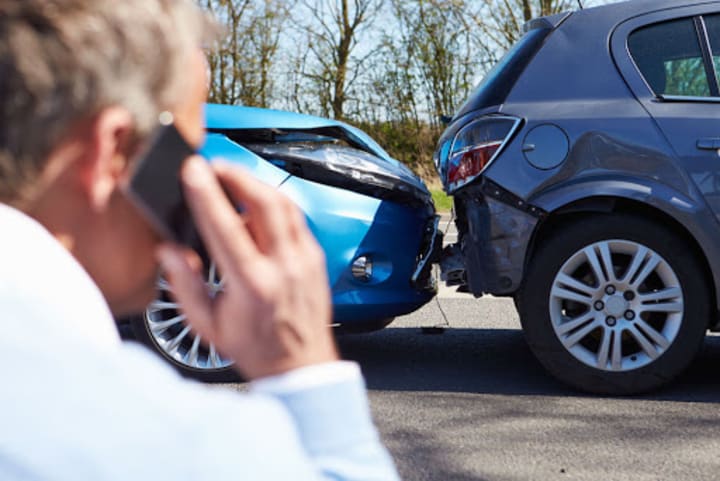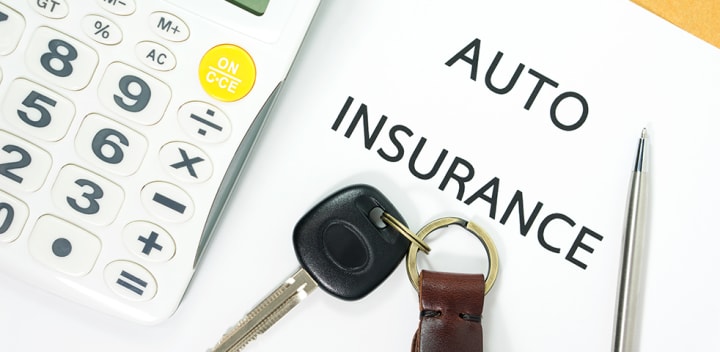What Is Full Coverage Auto Insurance? Detailed Guide
Full coverage auto insurance implies a mixture of different insurance coverages that safeguard a driver physically and financially from damages that happen in an accident. Full coverage auto insurance is not a specific kind of policy.

There's no basic definition of "full coverage" auto insurance. Your car insurance should be customized according to your requirements. However, there are a few things you should take into consideration.
For example, how much coverage you'd require to safeguard your assets and properties. Based on the situation, your edition of full coverage might differ from someone else's.

Commonly it is assumed that a full coverage will help you bear the minimum loss. However, you are still bound to pay your deductible, if you met an accident unfortunately. Many states have the least requirements for liability coverage.
Also, you can generally select the amount of comprehensive and collision coverage. You can also specify the amount of deductible that you can pay comfortably. If you want to figure out what fits you, you can reach out to any auto insurance broker in Orlando, FL. They can guide you about everything that is in your favor.
Coverages That Make Up An Auto Insurance Policy
Car insurance policies have government-required coverages. It includes limits that you need to have legally. Then there are also optional coverages and their limits, which vary according to the state you live in. Though full coverage is not a kind of policy, it technically covers nothing. Normally, full coverage is a blend of auto insurance coverage as per your state’s requirements or laws. It generally includes, at a minimum:
Liability coverage: It covers your liability (for physical injury and property loss) to the other vehicle driver or their passengers. Collision coverage: Collision covers physical damage that happens to your car in a crash.
Comprehensive coverage: Things that occur to your car outside of a collision comes under comprehensive coverage.
Full Coverage Insurance - Here is how it works!

Your coverage relies on which policy you want to have. Apart from these three, your carrier might give several options. They are:
Medical Payments And Personal Injury Protection
State provides personal injury protection and medical Payments to the degree they set. These coverages support you paying the medical expenses of you or anyone in the auto with you. It might also cover lost allowances and other personal costs related to damages from the accident.
Motorist Coverage (Underinsured Or Uninsured)
Some states need coverage to protect you if you hit an underinsured or uninsured driver. If that takes place, their insurance, if any, might not be sufficient to pay for medical payments. Study state rules to see what it needs.
Other Optional Coverage
You might think full coverage insurance includes car rentals and towing, but they might not be. Talk about all of your options with the agent you have so that things don't surprise you. Here are some of the options that you may be apt to add to your policy at the fairly least cost.
Towing And Roadside Assistance
Generally, full coverage car insurance includes roadside assistance. In addition, it normally includes towing, along with other services like changing a tire or jumping a defective battery.
Car Rental Coverage
Some insurance carriers give a restricted amount of car rental compensation when you buy full coverage car insurance. However, sometimes they don't list coverage, so you need to inquire what your policy gives.
What Doesn't Come In Full Coverage Car Insurance?
Since there is the customization of a full coverage policy, you get to select what other insurance alternatives you want. The auto insurance choices we have listed supply a good base.

But, you might also need to consider rolling one or more of the above coverages into your plan as well.
Emergency Roadside Aid
Whether you get stuck in your way with a dead battery or on the driveway with an empty fuel tank, you'll be glad that you added the economical emergency roadside aid option.
Rideshare Insurance
If you're a driver for any company, this insurance provides you enhanced security during gaps in vehicle insurance. Moreover, the company you work with provides you with insurance.
Rental Reimbursement Coverage
If you are in an emergency and your auto will be in the garage for a few days or more. Rental reimbursement coverage insurance helps you in paying for your rental car.
More coverage alternatives may apply to your circumstance. It also helps you round out your version of full car coverage.
Conclusion
Now, hopefully, you have a better knowledge of the word "full coverage." You know, full coverage auto insurance is only about getting the right coverage for your vehicle. So, where do you take off from here? It's easy, quote vehicle insurance coverages with any agent or online. You can have good guidance from any of these.
And, while you're at it and if you still haven't studied your policy choices with your agent. Moreover, if you've lately encountered a change in your life, now is an ideal time to reconnect. You can also seek possible insurance discount offers you may not already possess.





Comments
There are no comments for this story
Be the first to respond and start the conversation.